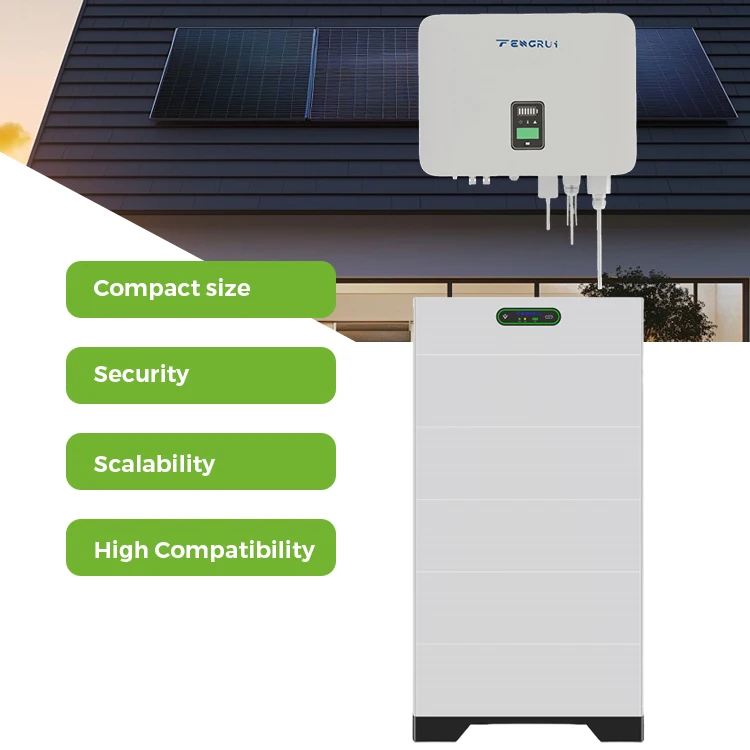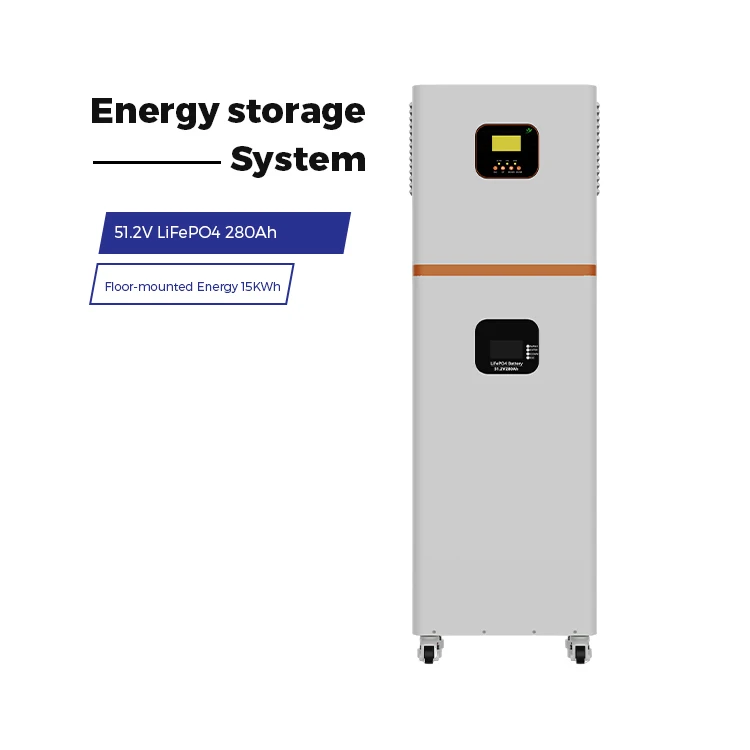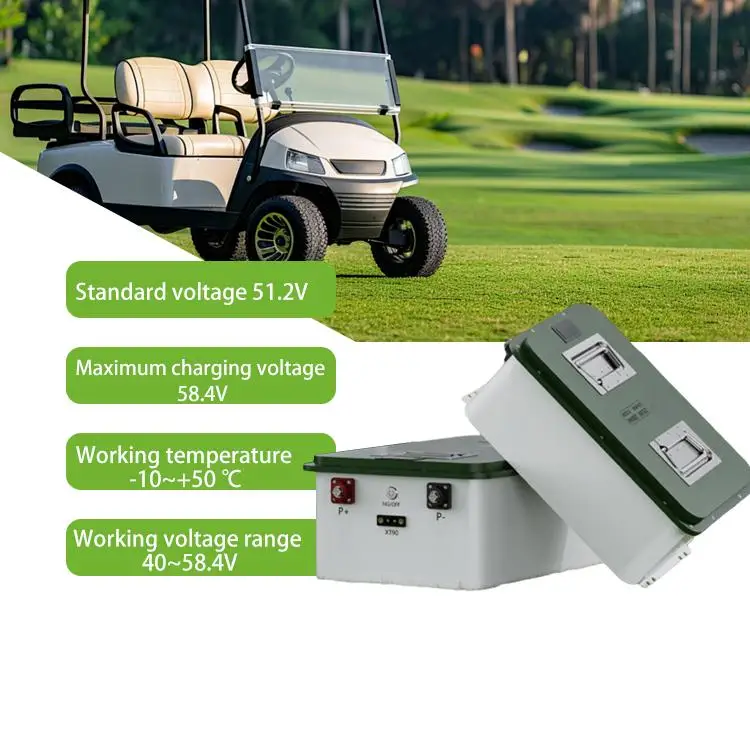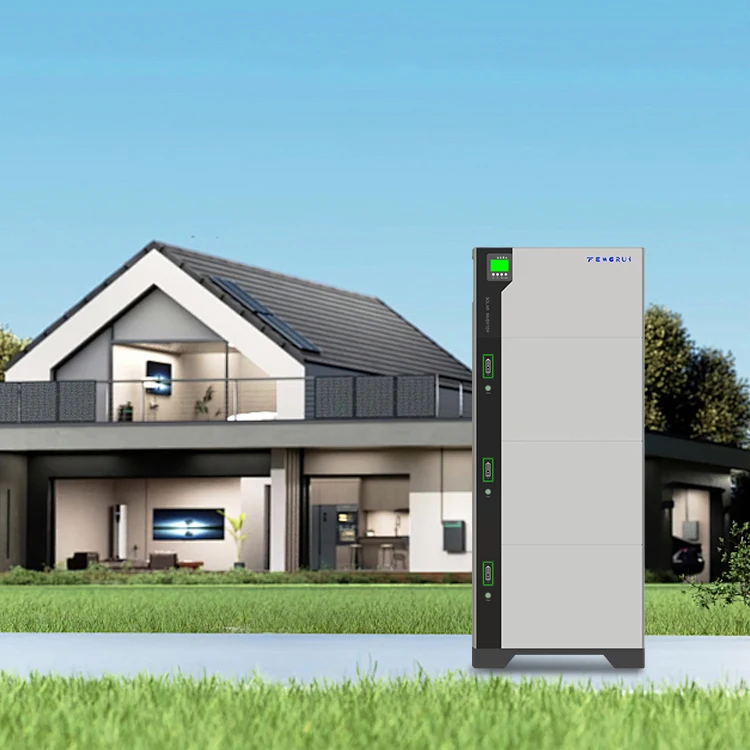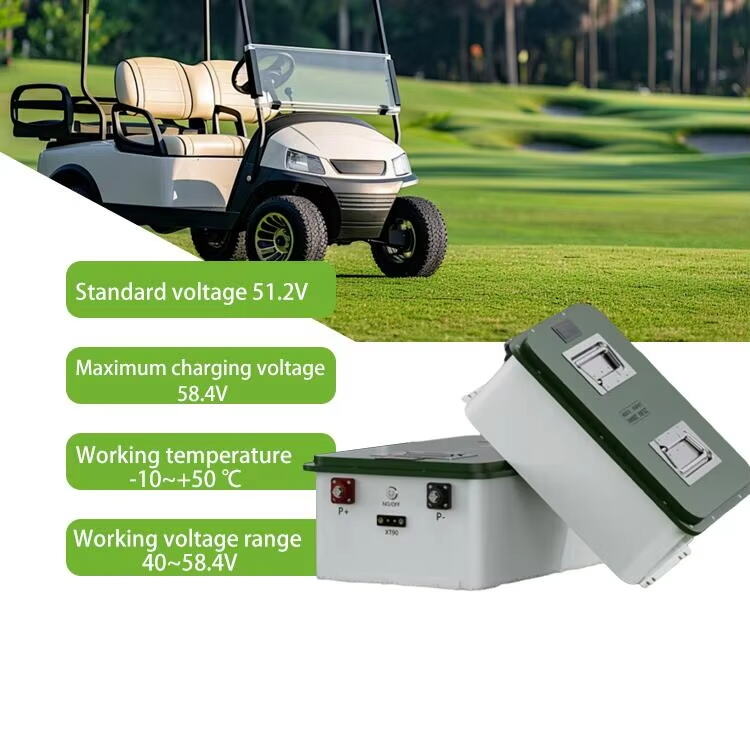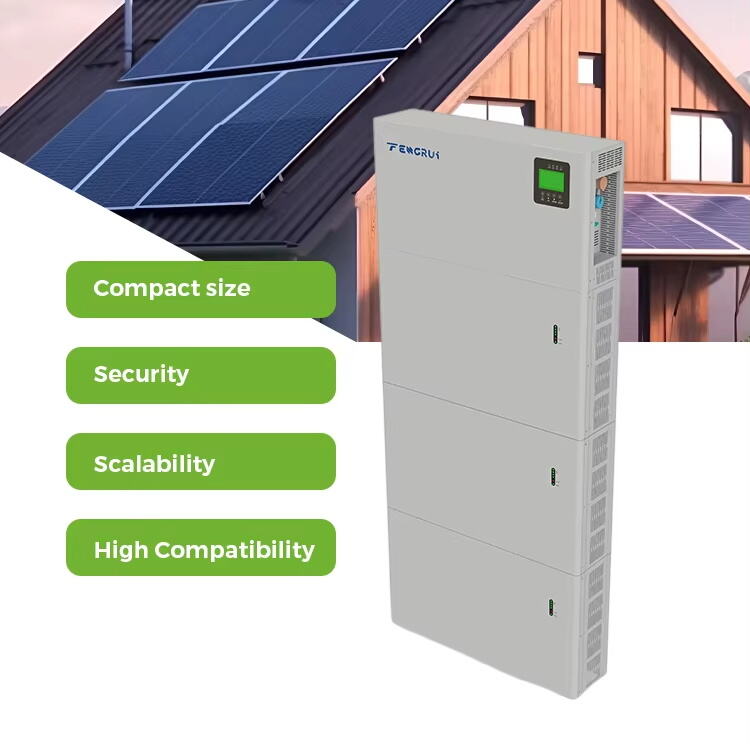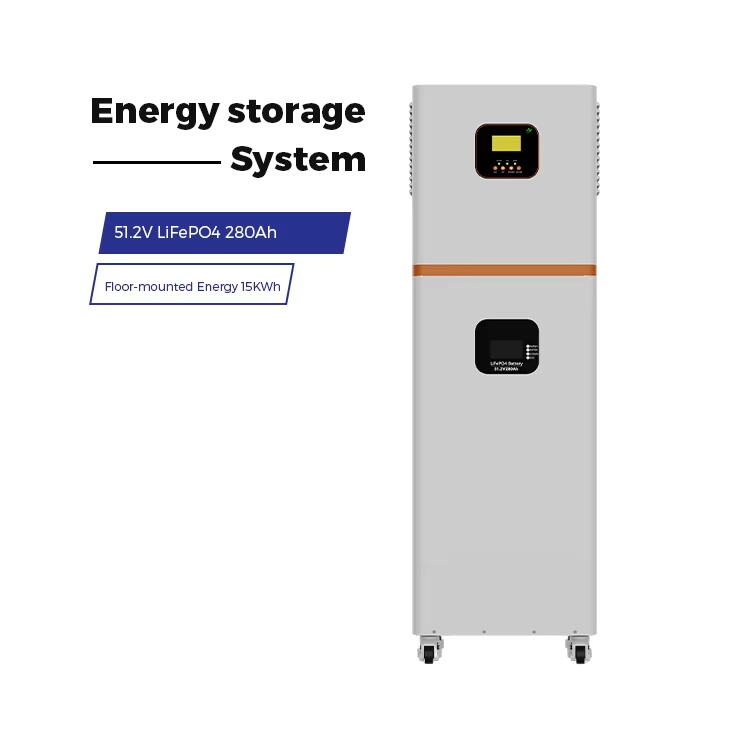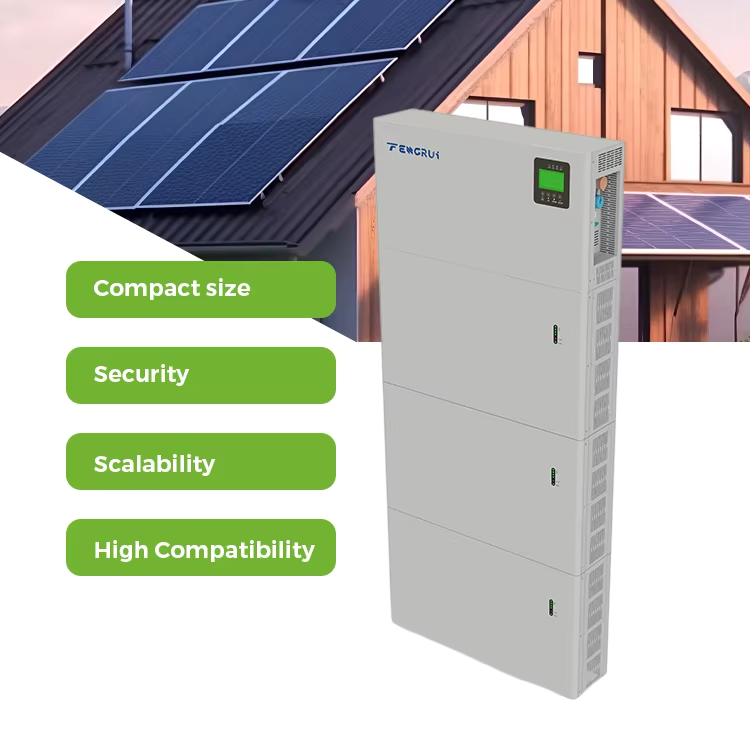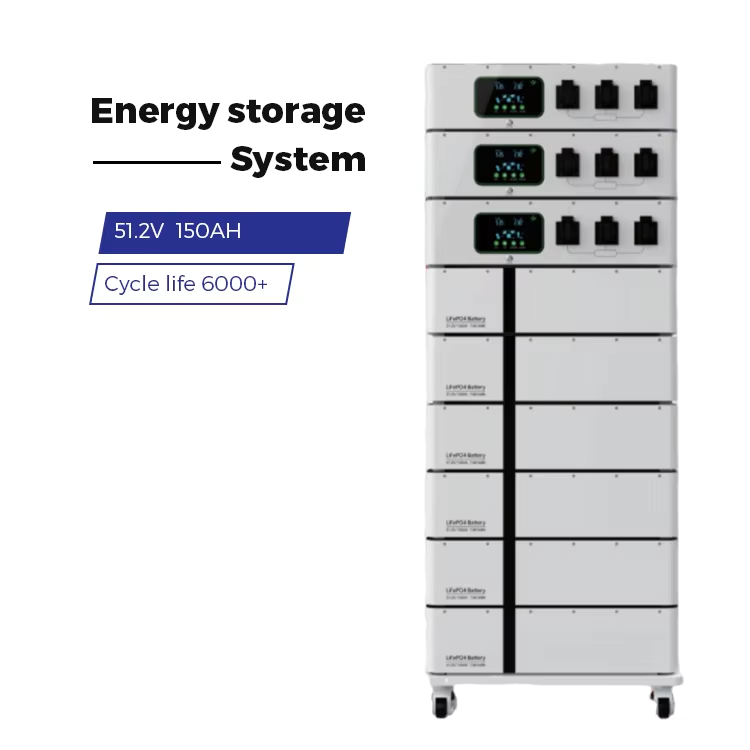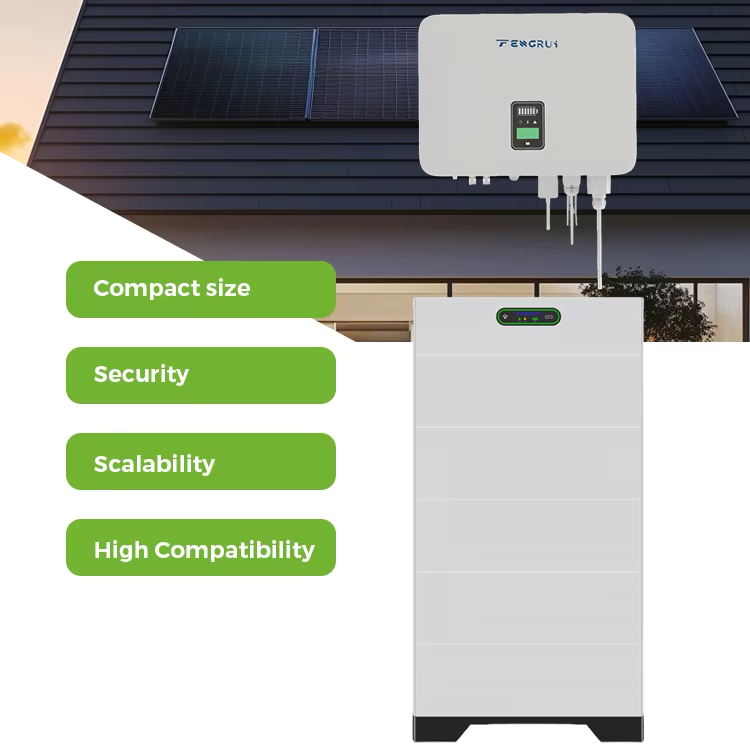lithium ion battery storage systems
Lithium ion battery storage systems represent a cutting-edge solution for energy storage, combining advanced technology with practical functionality. These systems consist of high-capacity lithium ion cells arranged in modular configurations, capable of storing and delivering electrical energy with remarkable efficiency. The technology employs sophisticated battery management systems (BMS) that monitor and control various parameters including temperature, voltage, and current flow. These systems can store energy from multiple sources, including grid power and renewable energy installations such as solar panels and wind turbines. The stored energy can be utilized during peak demand periods, power outages, or when renewable energy generation is low. Modern lithium ion storage systems feature advanced safety mechanisms, including thermal management systems and emergency shutdown capabilities. They are scalable from residential applications to large-scale industrial implementations, offering storage capacities ranging from a few kilowatt-hours to several megawatt-hours. The systems integrate seamlessly with existing electrical infrastructure and can be monitored and controlled remotely through smart device applications. Their compact design and high energy density make them ideal for installations where space is at a premium, while their long cycle life ensures sustained performance over many years of operation.

